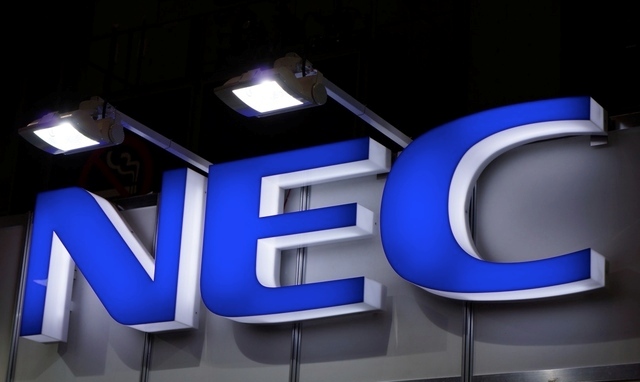Disruptive new generation technologies have dramatically changed the way businesses run. Enterprises are realigning their tactics to maintain their position in the market with cutting-edge technologies and marketing plans.
Japanese IT vendor NEC has all it requires to address the needs of modern day business world.
NEC already benefits from a track record of proven innovation in areas such as continuous and reliable communications connectivity and mission-critical compute and storage.
When integrated with niche competencies from a range of strategic technology, service provider and channel partners, this background provides the springboard NEC is utilizing to create future-forward solutions, such as for refined agriculture crop yield prediction.
Market research firm TBR says that NEC is on a defined path to evolving its portfolio and go-to-market strategies to enhance its ability to capitalize on customers’ business and, as a result, IT modernization initiatives.
However, the company competes in a volatile and competitive vendor landscape. Therefore, NEC is following its peers by engaging in substantial business model adaptions.
For example, Cisco Systems is transitioning to a more services- and software-oriented business model and Dell acquired EMC in September.
NEC is creating solutions bundles customers require as they engage in migrations to comparatively newer and more modern business areas, such as software-defined networking (SDN) and artificial intelligence (AI), shifting focus from its core businesses of unified communications (UC) and data center infrastructure.
However, its top line is not immune to turbulence as customers’ investment priorities shift from traditional businesses grounded in on-premises hardware and software deployments or to lengthy and more consulting-grounded selling cycles and trial deployments that customers engage in during migrations to fundamentally new IT architectures and related processes.
In this climate, NEC needs to deliver more cohesive messaging across its multitude of product and services segments and geographically dispersed operations to maximize its differentiation.
NEC collaborates with strategic partners to evolve core, mission-critical communications, compute and storage capabilities into a suite of next-generation solutions.
To execute on its strategic direction, NEC is organizing its portfolio into a suite of smart enterprise solutions that build from the company’s data center infrastructure and UC roots with value-add AI and Internet of Things (IoT) software platforms. T
The company utilizes client relationships to create best practices around future-forward technology applications such as hybrid cloud backup “as a Service.”
NEC then distills these best practices into a suite of vertical-centric solutions, specifically targeting the education, entertainment, healthcare, hospitality and public sector industries.
Additionally, the vendor leaves enough flexibility in its solutions configurations to tailor engagements to customers’ unique workloads and operational requirements.
This strategy will enhance NEC’s ability to protect its install base and increase its share of wallet in current accounts during customers’ migrations to next-generation IT implementations.
TBR believes NEC’s most substantial challenge will be tracking and keeping pace with ongoing developments to workload deployment patterns, from the perspective of how it packages and messages its portfolio.
However, NEC is taking steps to increase the value of its smart enterprise solutions in solving modern IT challenges and delivering business value to customers. This positions the company for traction in growing market niches and for long-term customer and partner loyalty.

